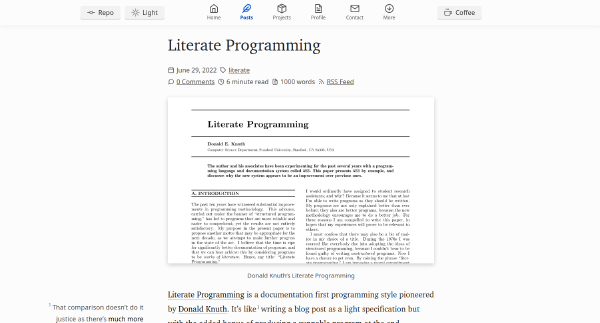Sometimes it’s amusing to stumble upon the latest centralization/decentralization debate. You could argue technically against centralization, , and censorship until you’re blue in the face.
Decentralization is pretty much a solved technical problem, but for very special non–technical reasons everything only gets more centralized from this point onwards :-)


